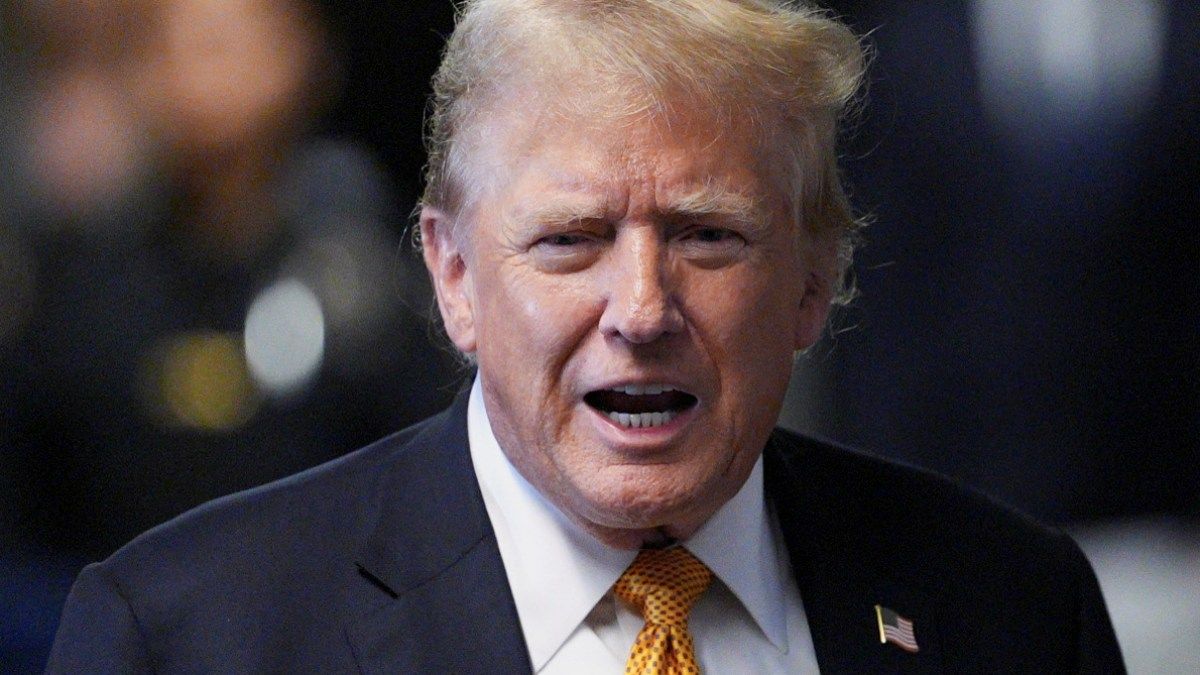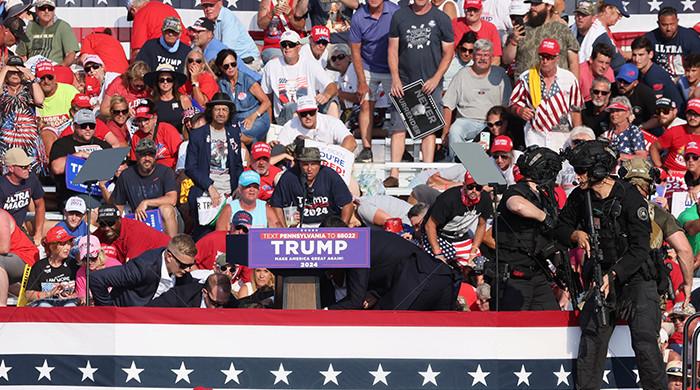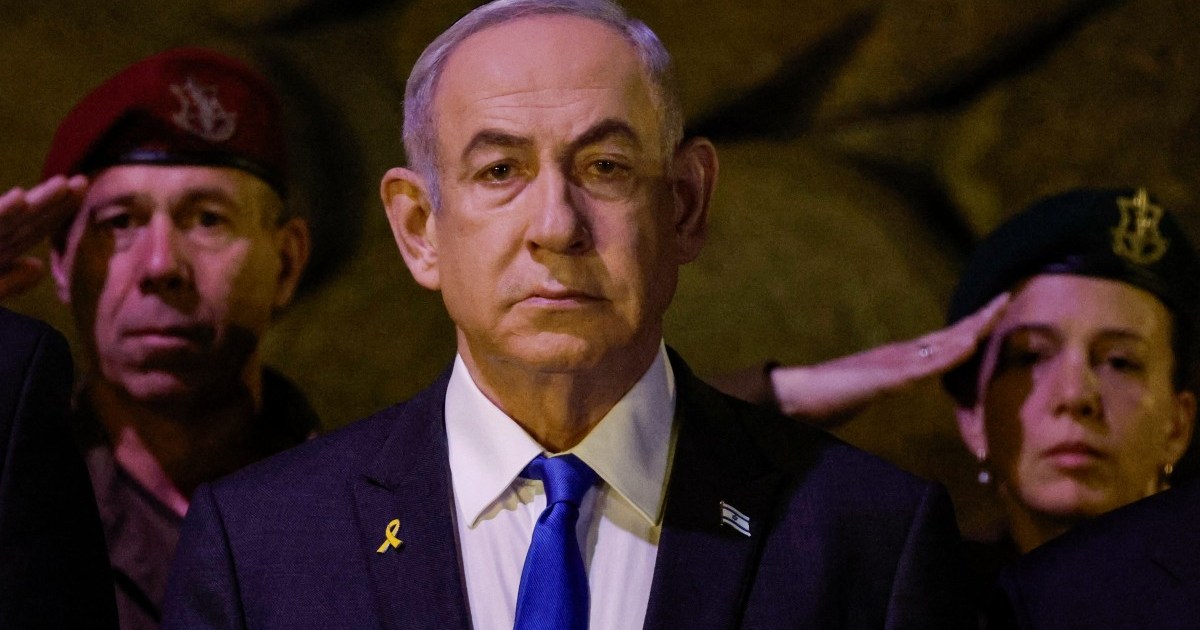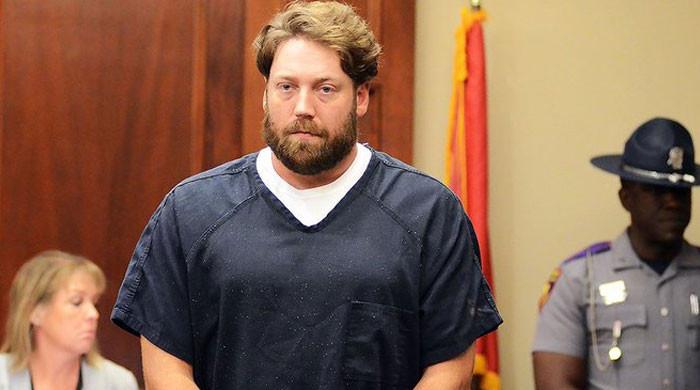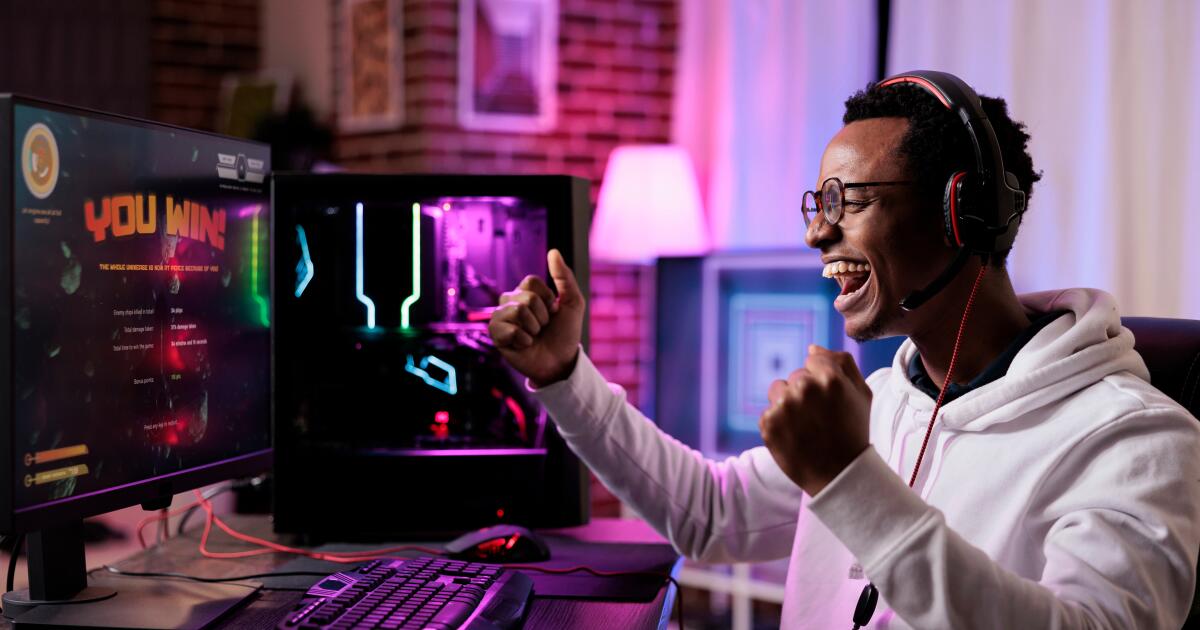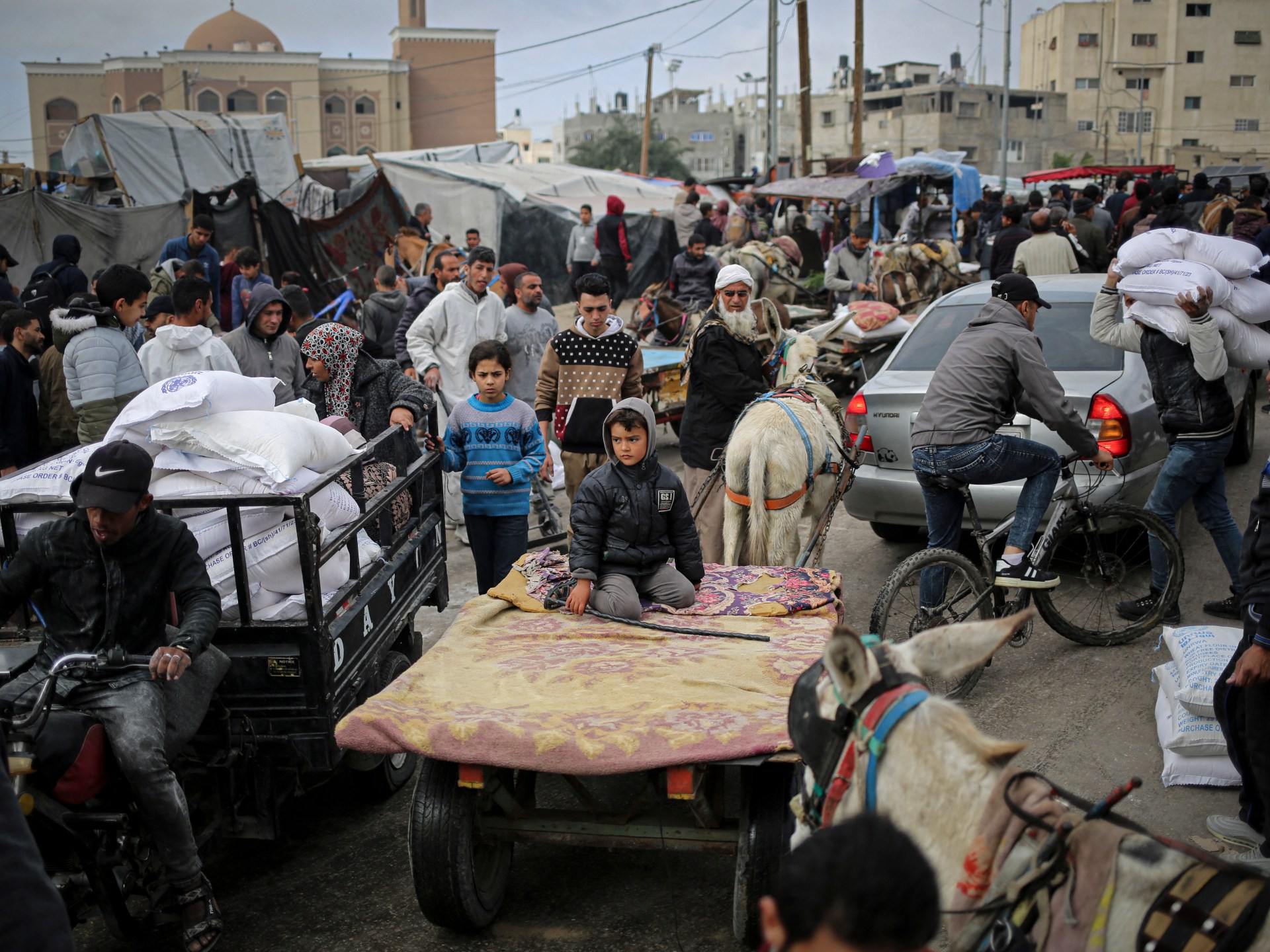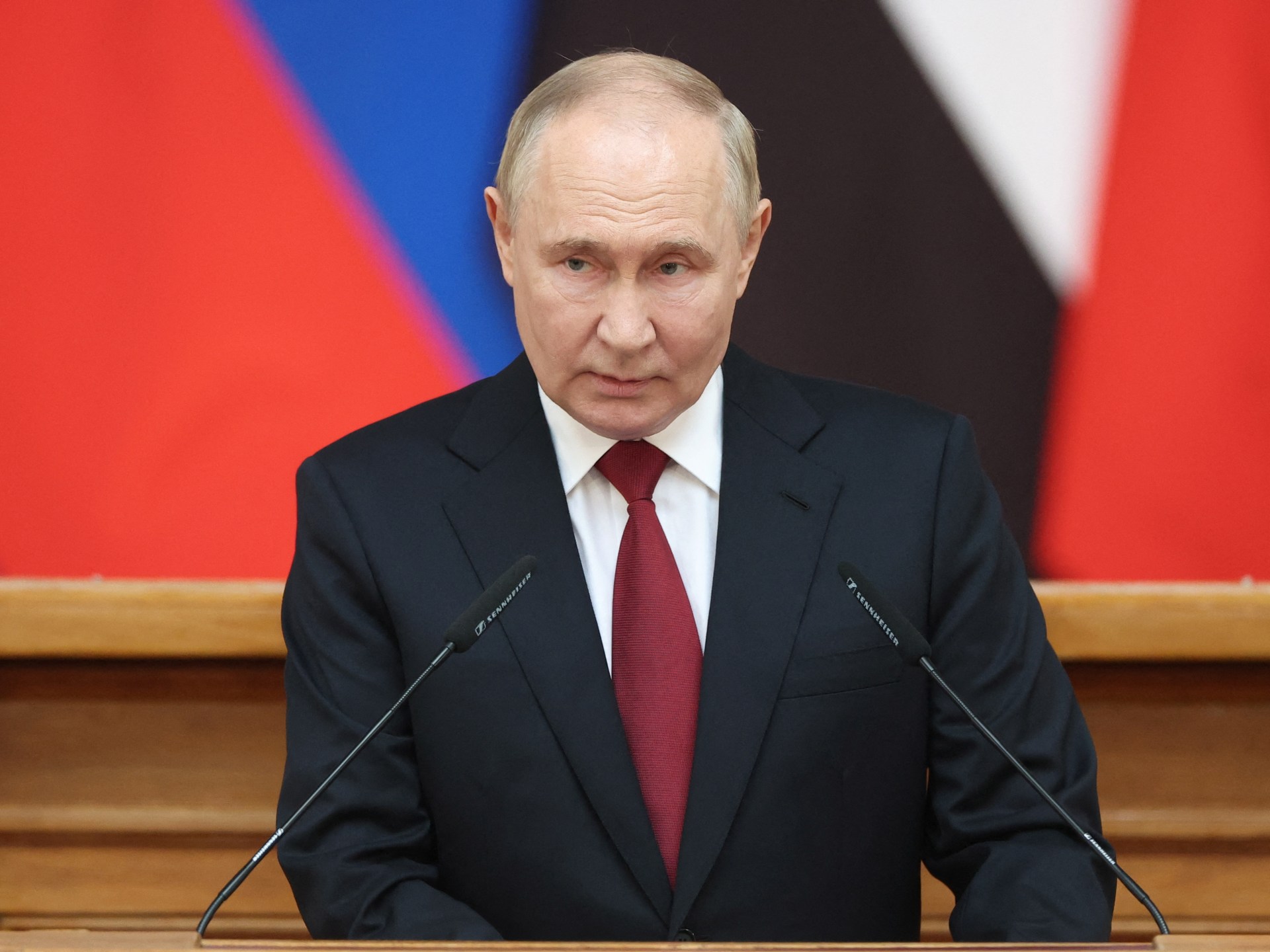Jurors are expected to re-examine the testimony of two witnesses and listen to the judge's instructions on how to interpret the law.
Jurors in New York will begin a second day of deliberations in Donald Trump's hush money trial as the United States awaits a verdict against the former president and presumptive 2024 Republican nominee that could shake up the November election.
The 12-person jury is in the spotlight after nearly two dozen witnesses testified in a New York City courtroom during a more than six-week trial.
The jurors, whose identities are being kept secret for their own protection amid national political tensions, are working behind closed doors.
The only clues about the direction they are taking come from requests for clarification. On Thursday they were to begin by reexamining the testimony of two witnesses and also listen again to the judge's instructions on how to interpret the law.
Trump is accused of falsifying business records related to a money payment made to adult film star Stormy Daniels in the run-up to the 2016 presidential election, which Trump won.
Daniels has alleged that she had a sexual encounter with Trump, which he denies. Prosecutors have said the payment was illegal and intended to protect the former president from negative media coverage that could have derailed his White House bid.
Trump has pleaded not guilty and said he is the victim of a politically motivated “witch hunt.”
On Thursday, jurors appeared to be watching closely the testimony of former Trump lawyer and fixer Michael Cohen, the prosecution's star witness.
Cohen paid the $130,000 to maintain silence and ensure that Daniels would not tell voters about her alleged sexual encounter with Trump in 2006.
Cohen testified that he and Trump discussed a plan to reimburse him through monthly payments disguised as legal fees, the alleged conduct that led to the criminal charges.
Jurors have asked Judge Juan Merchán for a transcript of parts of Cohen's testimony.
Merchan was also asked to testify from David Pecker, former editor of the National Enquirer tabloid, who had told jurors that he worked with Trump to suppress stories that could have hurt the businessman-turned-politician's campaign.
Trump's defense team has argued that the former president did nothing illegal, and his lawyers have attempted to portray prosecution witnesses – particularly Cohen – as liars whose testimony cannot be trusted.
Al Jazeera's John Hendren, reporting from outside the Manhattan courthouse, said a verdict could possibly be issued within a week.
“There are many judicial observers who say that juries like to issue their verdicts on a Friday. [because] They want to have their weekends off,” Hendren said.
“But every time they do this, they have to decide a couple of things: First, is Trump guilty of making these 34 payments? “It was called legal fees, but the prosecution says they were payments to a former adult film star,” Hendren said. .
“And then the juries have to decide – for it to be a serious crime – that it was done in the commission of another crime.”
Prosecutors' main theory, Hendren explained, “is that what Trump was doing was defrauding voters by hiding facts about his private life 12 days before the hearing.” [2016] choice. That's when he made the deal with Stormy Daniels.”
The 12 jurors must agree on a verdict for the judge to accept. If they cannot do so, the trial will be stalled and Merchan will declare a mistrial.
Once the jurors inform the court that they have reached a verdict, Merchan will summon the parties to the courtroom. He has yet to confirm the verdict and issue a final sentence. Either party may also ask you to effectively set aside the jury's ruling.
If Trump is convicted, it will likely be weeks or months until he is finally sentenced. While the charges carry a maximum penalty of four years in prison, experts generally agree that he is more likely to face a fine, probation or community service.

